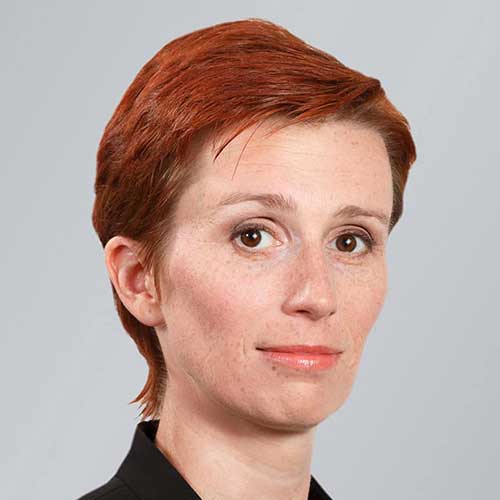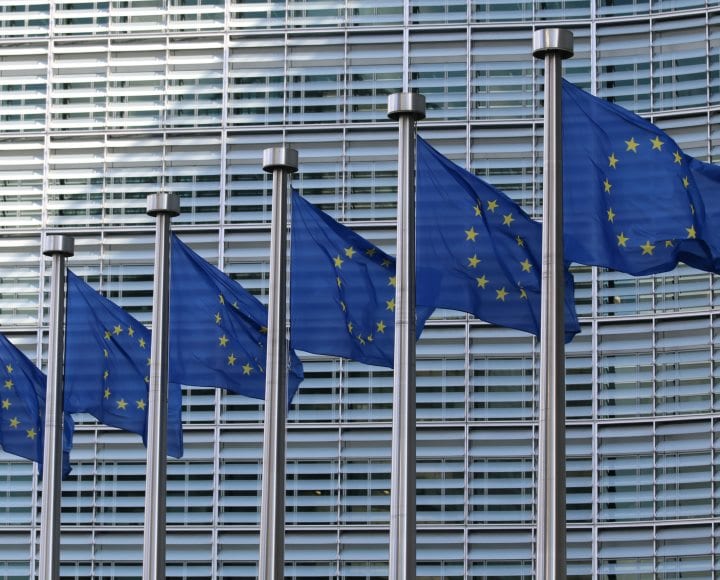In December 2021 the European Commission published its proposed directive setting out the detailed rules of the global minimum tax in support of the implementation of the OECD Model Rules in the European Union. The aim of the directive is to ensure that large corporations operating in the EU are subject to a global minimum effective tax rate of 15%. The proposal contains methodology for calculating the actual tax rate in specific jurisdictions, and clear, legally binding rules to ensure that large corporations pay a 15% minimum tax in every country and area they operate in. As already reported in an earlier article of ours, the global minimum tax is Pillar 2 of the OECD programme for the international reform of corporate taxation in the G20 countries.
Although the proposal of the Commission follows the OECD agreement, it makes some adjustments to ensure compliance with EU law and to avoid overregulation. This way, groups based in one jurisdiction only will also be subject to the directive, while Pillar 2 of the OECD is effective for multinational groups only. This derogation is required for the protection of fundamental freedoms within the EU, particularly the freedom of establishment.
To whom do the new rules apply?
The proposed rules apply to any large groups whose total annual revenues exceed EUR 750 million, and who have a parent company or subsidiary situated in an EU Member State.
Calculation of the effective tax rate
The effective tax rate will essentially be calculated by the parent company of the group for each country or tax jurisdiction. This company, however, may designate another entity to carry out the calculations.
The effective tax rate will be determined by dividing the amount of tax paid by the entities in the given jurisdiction by their income. If the effective corporate tax rate in a given jurisdiction is below the 15% minimum, the group must pay a top-up tax to bring its rate up to the 15% effective tax rate (income inclusion rule). This top-up tax is applicable to every subsidiary irrespective of whether the registered seat of the subsidiary is in a country which signed up to the OECD/G20 agreement or not.
Registered seat in a non-EU country
What happens if the registered seat of a group entity is located in a non-EU country where the global minimum tax rate is not enforced?
If the company’s registered seat is in such a country, the EU Member States will apply what is known as the undertaxed payments rule. According to this rule, the given EU Member State will effectively collect part of the top-up tax due at group level, if the countries where certain member firms of the group have their registered seats tax below the minimum level and do not impose any top-up tax on them. The amount of the top-up tax collected by the EU Member State from the entities of the group in its territory will be calculated based on the number of employees and the value of assets.
Exceptions
As usual, the rules contain exclusions up to a given threshold. In accordance with the “de minimis exclusion” no top-up tax need be paid on the revenue and profit of the group if these do not exceed the defined minimum level in the given country, even if the effective tax rate does not reach 15%.
Furthermore, companies have the right to exclude from the top-up tax an amount of income that is at least 5% of the value of tangible assets and 5% of payroll (substance carve-out).
The substance carve-out is justified by the corporate tax strategy followed worldwide, which encourages multinational companies to increase investment to improve economic substance (e.g. in real estate, labour force) in a given country. This way, the minimum tax exclusion facilitates the taxation of excess income, which is more susceptible to tax planning (such as income related to intangible assets).
The proposal contains a transitional rule for substance carve-out for the first ten years. Initially, 8% of the carrying amount of tangible assets and 10% of payroll costs can be excluded. For tangible assets, the rate declines annually by 0.2% for the first five years and by 0.4% for the remaining period. In the case of payroll, the rate declines annually by 0.2% for the first five years and 0.8% for the remaining period.
What happens if third countries do not apply the OECD rules?
In line with the OECD agreement, members are not required to adopt the minimum tax rules, but if they choose to do so, they must be implemented and administered in accordance with the agreement under Pillar 2. Members also have to accept that other members apply the rules. In practice, multinational groups with subsidiaries in countries that operate a rate below the agreed minimum rate will ultimately also have to face the consequences of Pillar 2. This is because the effective tax rate per jurisdiction is checked and a top-up tax is applied to companies operating in a jurisdiction with a lower tax rate.
Thus, an EU Member State will collect a top-up tax at group level if some jurisdictions where entities of the group are based apply a tax below the minimum tax according to the agreement, and do not impose a top-up tax. In other words, failing to apply the Pillar 2 rules will not protect Member States from being subject to the global minimum tax.
From a Hungarian point of view, the number of companies affected by the global minimum tax is very low; companies stepping into the international arena but falling short of the global scale thankfully do not have to apply these rules. However, the changes to the Multilateral Convention will require constant monitoring of legislative changes, and the complexity of global tax calculations will also pose a challenge. The financial managers of multinational companies should definitely consult a tax expert about the new minimum tax, so please do not hesitate to contact us if you have questions.











